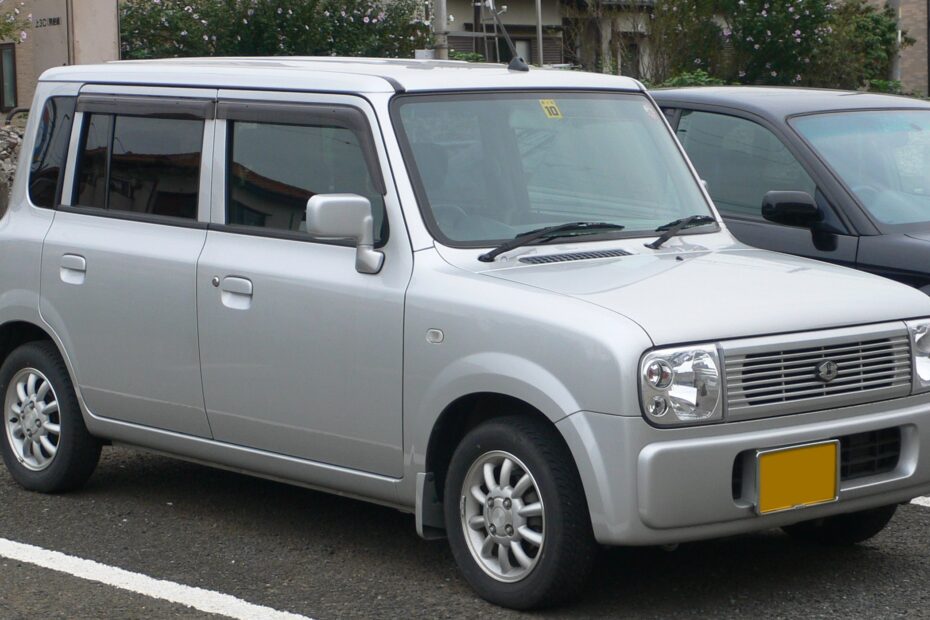Yoga means “union”, and, it seems, this most generally refers to a union between one’s self and higher power.
In Japan, where I lived for many years, many people appreciate this concept, including those who do not practice yoga. For them, at least as it appeared to me, their union also meant a union between one’s self and one’s family, community, nation, and also natural environment.
When I lived in Japan, I practiced yoga and also began to meditate. I didn’t get the idea of “union” at first. For me, yoga was just a good way to blow off some steam. In that sense, it wasn’t much more to me than having a beer or two with some friends.
Still, even if I didn’t make the connections between yoga and “union”, it was easy to see that respect for other living things was the default setting in Japan.
You could just feel the respect in the language people used, lowering themselves to make you feel important, or when they used formal language to ensure you knew that they were showing their utmost respect.
Did I ever rub people the wrong way? Of course I did, but when I did, they kept their irritation to themselves. In fact, I can count on one hand the number of times I felt disrespected, and I lived there nearly a decade.
Yoga came first, but then a friend suggested I meditate, too. (I must have been irritating him!)
Yoga seemed like moving meditation, and I certainly achieved a meditative state from time to time, especially when my practice was routine and I really let my “self” go. It helped when I broke a sweat and it felt like I was “getting a workout”. I had been an athlete in high school, so my mind told me that I had to move to feel like I was “doing something”.
With meditation, the goal was very different. As far as I understood it, Zen meditation was aimed at achieving satori, or enlightenment, but also negating one’s self, and achieving a state of nothingness (“mu”). I had a very hard time doing that. (I still do.) It was difficult to negate my “self” because I had been raised to do just the opposite – to “go my own way”, to “become somebody”. (The songs are deeply etched in my brain, and playing on repeat as I type!) In America, you always have to “do” something, in order to “make” something of yourself. Rarely are you encouraged to “just be”.
When I returned to California after many years living in Japan, I struggled to fit back in. I didn’t find much of a sense of “union” in my daily dealings.
Instead, individualism ruled. Cars and trucks were made as big as they could be, environment be damned.

In Japan, they had to fit into small parking spaces, so they were made small and compact. Sometimes, they were even shaped like shoeboxes.
It couldn’t shake the feeling that Americans felt alienated from one another. I began to think that if Japanese avoided confrontation in conversation, Americans avoided conversation altogether, out of fear that it might lead to confrontation.
In America, there was neither formal language to show respect, nor a humble way of lowering oneself through symbolic language, as I had learned in Japan.
Did Americans feel like they belonged to something bigger? Certainly they did: in their homes, at their churches, in their sports stadiums, and in their occupations, but to many, America was a battle to fight.
The pandemic brought this into clearer focus. In America, enough people have decided that masks are unnecessary and/or unimportant, because “I am not sick”. In Japan, and perhaps also in Korea and Taiwan, where cases of infection have been relatively low per capita, mask-wearing may be more mainstream because of how people perceive “the Union”, that is, how they see themselves and how they see their relationship to others. And, most importantly, how much respect they show to those relationships.
Some may say that Americans’ collective inability to wear masks on a scale necessary to beat back the virus outbreaks has become symbolic of American selfishness, and there may be some truth to that.
But it may be that the value of mask wearing is simply not well understood, and that some of those who wear them only when they are sick are, in fact, trying to protect others. If that is the case, then America may be a battle, but everyone who is fighting it, is fighting for people they love. If America is a battle, then everyone who is going to work each day to earn a paycheck is battling for a purpose, and for a group of people whom they hold dear. Whether they choose to make their group small or large certainly has political consequences, and worse, but in either case the fact that there is a group is, at least to me, what matters most.
We are limited by the systems in which we live, like spiders living in webs of our creation. The darker sides of the web in which we live, it would seem, are now being exposed to the sunlight.
Similarly, definitions of self and ego are culturally contingent, dependent entirely on time and place. What is seen as selfish one place may not be in another. What is seen as serving the common good in one place, may be seen as failing to assert for one’s own needs in another.
I was raised to see the self and ego as inescapable aspects of human existence, and therefore keys to unlocking one’s own personal future. That lesson, in fact, allowed me to earn a degree, which was a prerequisite to be invited to Japan in the first place.
But in living in Japan, and learning from Eastern practices like yoga and meditation, I learned a bit about these definitional contingencies.
Now that the pandemic has laid bare our cultural ways, some are doing better than others. But we are all in this together, whether we like it or not, so we ought to strive to understand each other as best we can. There’s too much on the line to bury our heads in the sand in search of satori, too much at stake for our union.

